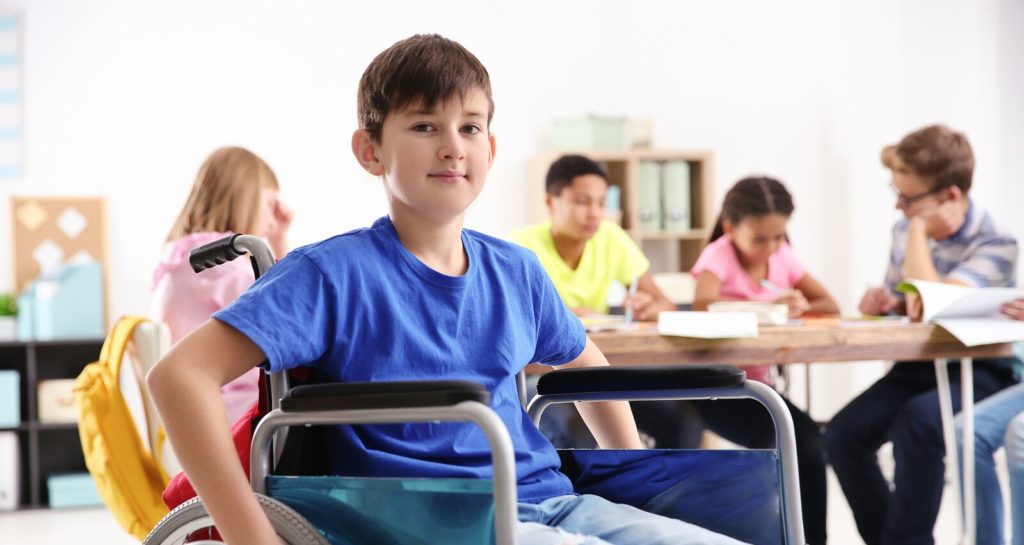Muscular Dystrophy
Learn about muscular dystrophy (MD) and how MS Queensland can provide assistance and support.

About muscular dystrophy
Muscular dystrophy (MD) refers to a group of progressive diseases that cause the gradual deterioration of muscle strength and function. It is largely a genetic condition that is inherited from a parent or parents, and most forms occur in babies or children. The most common form of MD is Duchenne muscular dystrophy, which is found mostly in boys. There is no cure for MD however some medications and therapies may improve muscle and joint function and slow muscle deterioration.
Adjusting to life with muscular dystrophy
The main symptom of muscular dystrophy is progressive muscle weakness and specific signs and symptoms will vary from person to person, and according to the type of MD. Some early symptoms may include:
- Falling or stumbling regularly
- Difficulty getting up from a seated or lying position
- Difficultly walking and gait changes
- Walking on toes
- Muscle stiffness and pain
For people with MD the help of families, friends and carers is vital. Symptoms can vary and the need for support can change and increase over time.
A person with MD may require support with:
- Enhancing independence, including help around the home
- Visiting and maintaining contact with family and friends
- Participating in social and recreational activities
- Financial & NDIS advice
- Counselling and mindfulness
- Access to therapy support, aids or equipment to keep you safe and maintain your independence
- Mental health support
How MS Queensland can help
MS Queensland has a long history of helping people with MS and other progressive neurological diseases such as muscular dystrophy. We know that many of the symptoms of and treatments for MS are also common to other PNDs and we offer our knowledge, expertise and understanding in this field to a broad range of people. Some of our services include:
- Service coordination
- NDIS access assistance
- Neurophysiotherapy
- Accommodation
- Employment services
How to get help
For more information, questions, or assistance you can contact our NeuroAssist InfoLine on 1800 177 591 Monday – Friday between 8:30am – 5:00pm. You can also request a call back from one of our NeuroAssist team who will be in touch within 24 hours.
